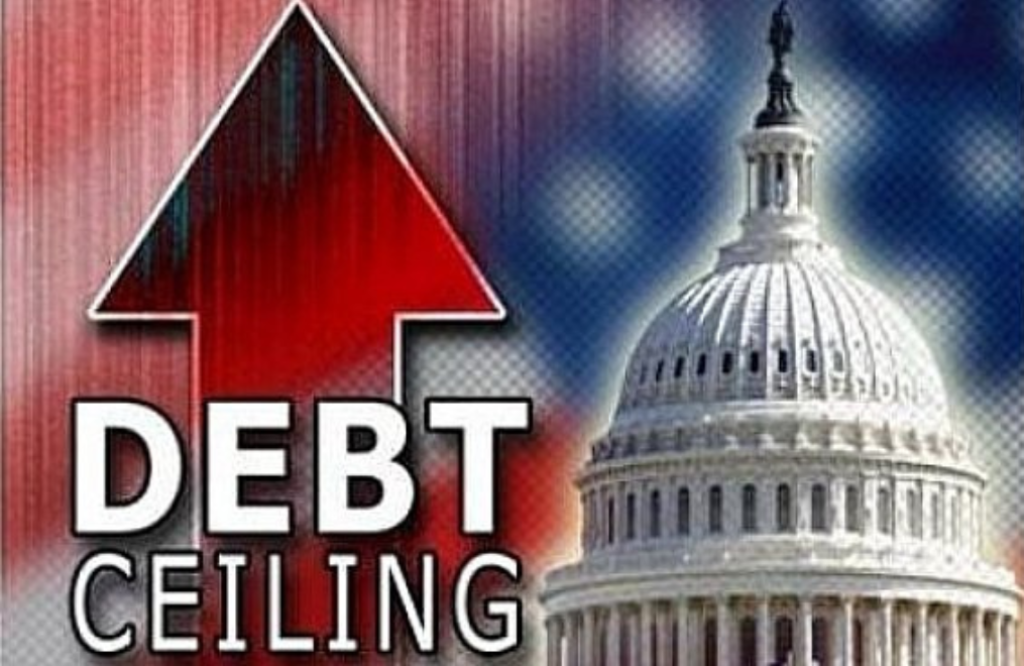
Over the past few weeks, one of the most compelling news stories has been about the progress of negotiations over the U.S. debt ceiling.
The debt ceiling, also known as the debt limit, is set by the U.S. Congress on the amount of debt that the federal government can accumulate through the issuance of bonds, Treasury bills and Treasury notes. We could say that the debt ceiling is the maximum amount that the government can borrow to meet its financial obligations.
Since it was introduced in 1917 up to now, the debt ceiling has been increased and suspended repeatedly. The last change, which occurred in 2021, raised it to $31.4 billion.
Well, you might ask, if it has already been passed on several occasions, what is so special about this time? This time, raising the debt ceiling has become a political issue which the Republicans are using to try to weaken Joe Biden with an eye to the coming election.
The request to increase the debt ceiling is necessary so that the Treasury Department will not find itself without the resources to meet its obligations at the end of this month. This would run the risk of defaulting on payments, which would be a disaster for the U.S. economy and the world economy.
If the debt ceiling is not raised, it would trigger another series of consequences in the U.S. economy, in addition to the default on payments. In the face of uncertainty, financial markets would experience extreme volatility, interest rates would increase, cuts in government spending would have to be made and the much-feared recession would become a reality.
Mexicans also have to pay attention to the news about the progress of our neighbor’s debt ceiling negotiations. Because of the close Mexico-U.S. economic relationship, our economy would also be affected, in the following ways:
• Failure to approve the debt ceiling would result in great uncertainty and volatility in the world financial markets. The Mexican Stock Exchange, the exchange rate and foreign investment would be affected.
• The United States is our principal trading partner; any effect on its economy would have a significant impact on Mexican exports, which would decrease, affecting economic growth, job creation and investment in our country.
• In times of crisis, investors seek refuge in cash and assets that are considered safer. This could lead to depreciation of the Mexican peso and would increase the prices of imports, which would lead to an increase in inflation and end up affecting the purchasing power of our currency.
• In general, with Mexico so strongly linked to the U.S., the level of confidence and the perception of risk could result in concerns about our country’s economic stability. This would have a negative impact in Mexico in terms of investment, financing and access to international markets.
The deadline to reach an agreement on the debt ceiling has been extended to June 5. Logic tells us that in the end, there will have to be an agreement, and the debt ceiling will be raised. The U.S. cannot fall into suspension of payments of its debts. To me, what seems regrettable is that these very relevant economic issues, which, in the end, affect not just the economy of one country but the global economy, end up as bargaining chips in support of political issues.
Marisol Cen Caamal is Financial Consultant and Director of Degrees in Administration and Finance, Anáhuac University, Mérida, [Yucatán, Mexico].

Leave a Reply
You must be logged in to post a comment.